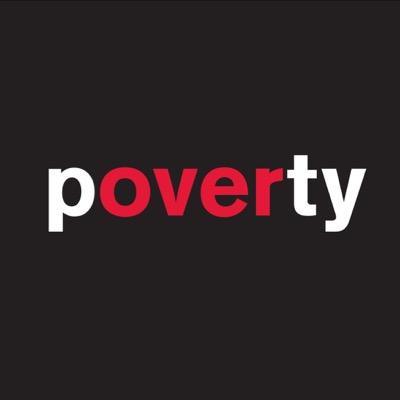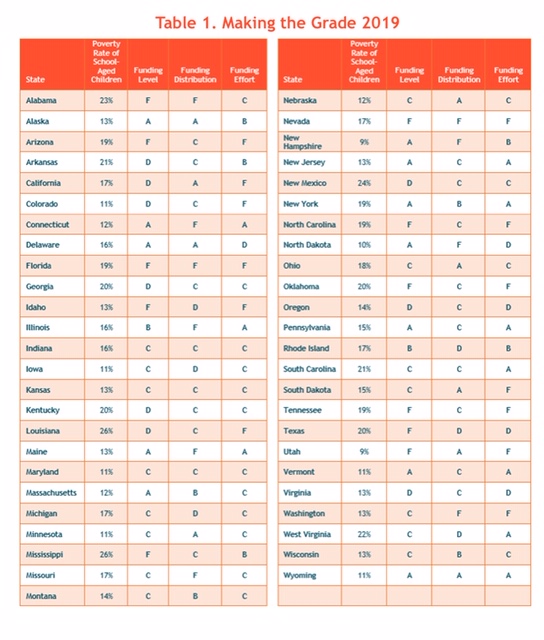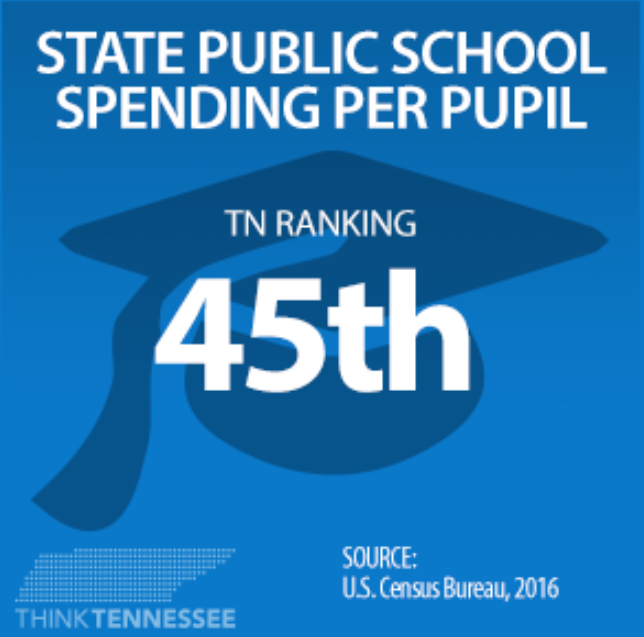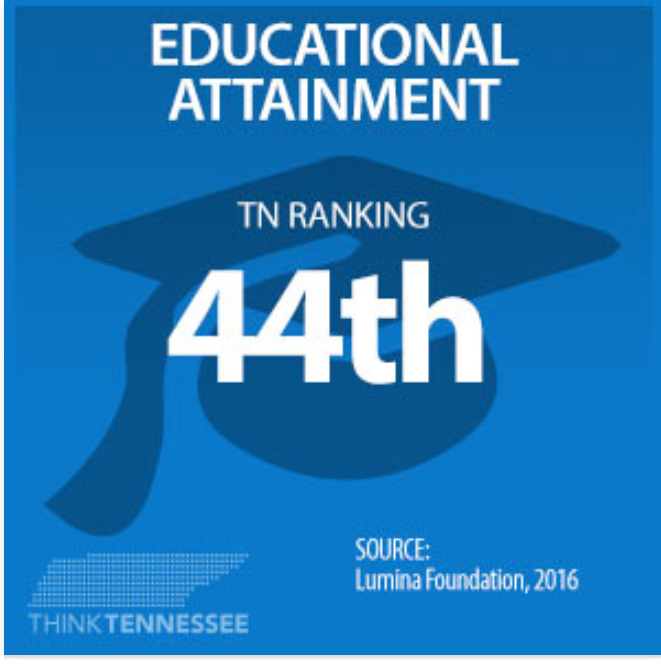This Facebook post from Ellen Zinkiewicz is an effective open letter to Bill Lee on what needs to be done for our schools (and students):
Dear Gov. Lee, all week we’ve been having a conversation (albeit one sided) about how to disrupt the education system to help improve achievement scores.
I’ve had suggestions from around the State on ways to use our existing and unspent Federal TANF and child care reimbursement money and fairly straightforward legislation to impact Tennessee’s education test scores by focusing on poverty reduction strategies. I keep mentioning poverty. And keep mentioning poverty; and keep mentioning poverty, because poor kids, hungry kids, transient kids, and homeless kids don’t do well on standardized tests. And Tennessee has a lot of these kids.
More than 1 in 4 Tennessee kids lives in poverty, and a bunch more who aren’t technically “poor” are still economically struggling. You have high schools asking their PTOs for washing machines because so many of their kids are homeless and don’t come to school with clean clothes. You have schools sending kids home with food on Fridays so they will have something to eat over the weekends. You have schools with mobility rates of over 100% meaning families can’t afford housing so they bounce around from place to stay to place to stay and that takes them from school zone to school zone.
Gov. Lee, until we help working families find some economic stability, nothing we do to the education system will transform test-readiness.
Poverty is the enemy here, Sir. And I hope you can lead our State in focusing on the disruptive effort of eliminating it, if for no other reason than to see test scores go up.

For more on education politics and policy in Tennessee, follow @TNEdReport
Your support — $5 or more today — makes publishing education news possible.











